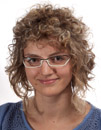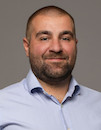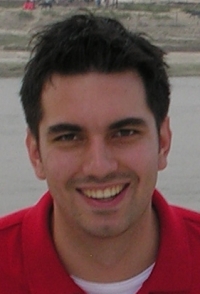O predavaču
Brian Stott is a Member of the US National Academy of Engineering. In the IEEE he is a Fellow, a recipient of the Millennium Medal, and a Distinguished Lecturer. He received his Ph.D. in electric power engineering at the University of Manchester, UK, in 1971.
His field of work is the application of computer methods to the secure economic operation of electric power systems and their modern markets. This has included state estimation, power flow, contingency analysis, optimal power flow and security-constrained dispatch, fault analysis, transient stability analysis, network equivalents, and financial transmission rights.
In 1984 he co-founded Power Computer Applications (PCA) Corporation in Arizona, USA, to develop online and market network analysis software. Today, this software is used worldwide, including by most of the ISO markets in North America. PCA was acquired in 2000 by Nexant Inc, to whom he remains a consultant.
He previously taught in universities in England, Turkey, Canada and the USA. He spent seven years as leader of an R&D team on EMS network applications at the Electric Energy Research Center of Brazil (CEPEL). He has given lectures and courses all over the world. He has served as consultant/adviser on many major projects, including real-time security in the pan-European electric power grid, sponsored by the European Commission.
O predavanju
As a sub-technology of electric power systems analysis, optimal power flow (OPF) was introduced half a century ago. In its long journey of development, the OPF calculation is perhaps in mid-life. It has become a standard topic in power systems analysis text books and courses. It has long been a favorite area of small-scale research, typically on mathematical optimization techniques for very simplified OPF problem formulations.
Various industrial-quality OPF programs are now in large-scale use for power system operations/control, markets and planning. In fact, many power systems are already heavily dependent on OPF for their economy-security and market operations.And OPF calculations are increasingly being embedded in bigger power system optimizations, such as security constrained unit commitment and planning tools.
The above suggests that today's principal OPF software products are mature—providing reliable, accurate, versatile mathematical solutionsfor power systems modeled at any level of detail. But this is simply not the case. The unpleasant truth is that practical OPF problems are still very difficult to solve, and this difficulty increases as power system modeling, constraints and objective functions become more and more realistic.
With few exceptions, OPF technology is still in need of further work, to ensure completely trustworthy power system economy-security solutions. Partly in recognition of this, a number of attempts at developing new commercial-grade OPF methods and software are in progress round the world.
This lecture discusses some key basic requirements for solving practical OPF problems. Such requirements should be of interest to actual or potential OPF engineering users, developers, researchers, teachers, market designers, and regulatory bodies. The talk is based on decades of experience in developing industrial OPF methods and software that have been implemented throughout the world in major utility companies and regional transmission organizations.






